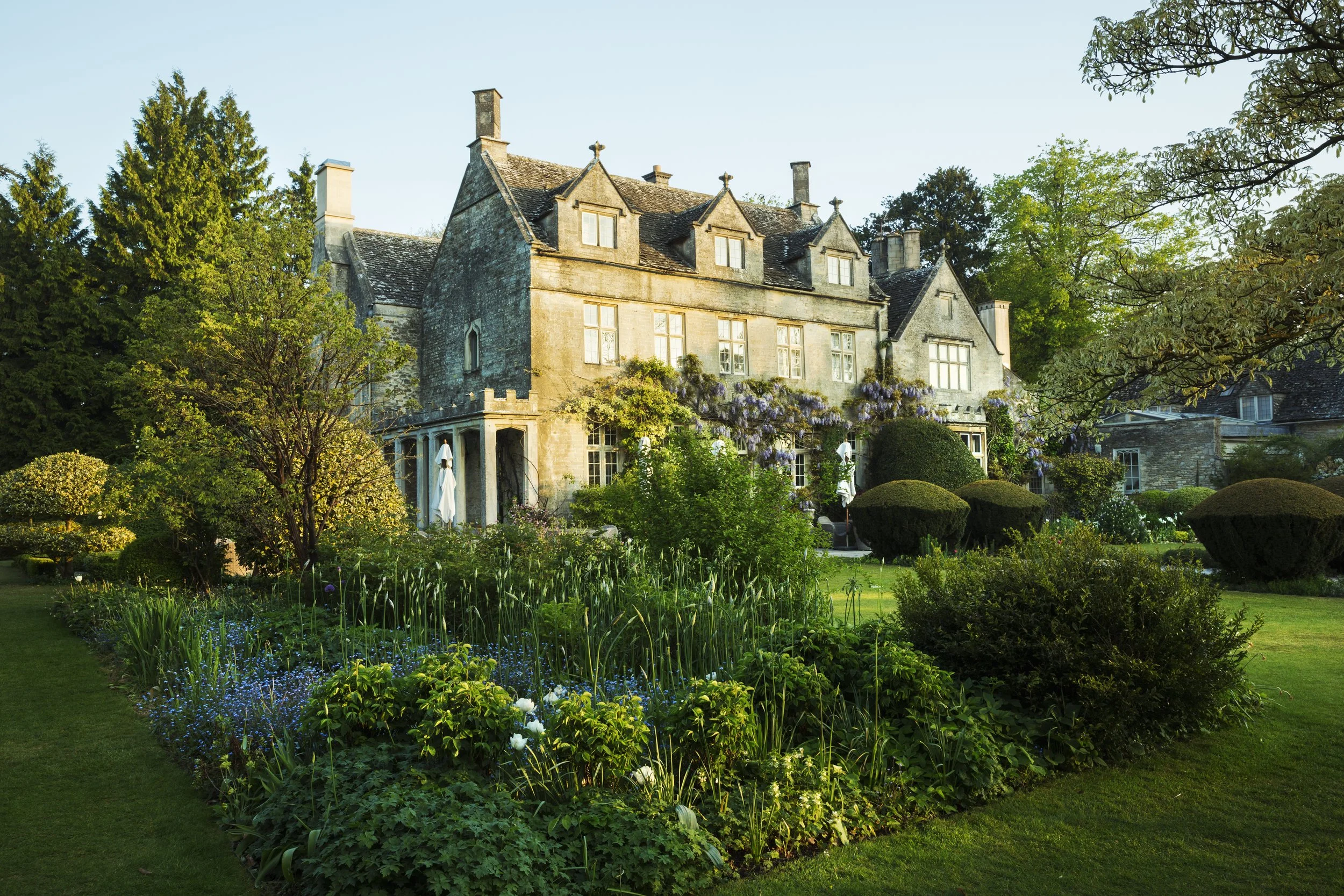Shedding Light on the Origins of the Phrase “Daylight Robbery”
Behind these charming windows lies a story of bricks, taxes, and ‘daylight robbery.’
Delve into a fascinating slice of British history, it’s not just a metaphor but a story about how a tax changed the way homes were built and how language evolved.
The Curious Tax on Sunlight
Back in 1696, under the rule of William III, England introduced a rather unusual tax, the Window Tax.
Instead of targeting the size of one’s property or land, it penalised homeowners based on how many windows their house had.
Those with more than six windows had to pay up, sparking some clever and drastic responses.
Blocking Out Light for Savings
To dodge the tax, many homeowners took to bricking up windows, leaving themselves with just six visible openings. This practice not only transformed home architecture but also quietly rebelled against what felt like an unfair tax burden.
From Tax to Timeless Saying.
As the window tax continued for nearly 150 years, the phrase “daylight robbery” gained power and not just in a literal sense.
People began using it to express the frustration of being metaphorically “robbed” of both light and money.
Over time, it’s stuck around in everyday language as a powerful way to describe any kind of unfair gouge or exploitation.
Architectural Reminders of an Unlikely Tax.
The tax didn’t vanish until around 1851, but its legacy lives on.
If you stroll through older parts of the UK, you might spot houses with bricked-up window openings, silent vestiges of a time when even sunlight was taxable.
Why the Phrase Still Matters.
Though the window tax is long gone, the expression “daylight robbery” endures, used to call out unfair prices, shady deals, or blatant overcharging.
From a tax on light to a broader metaphor, its journey underscores how history can shape our language in unexpected ways.
